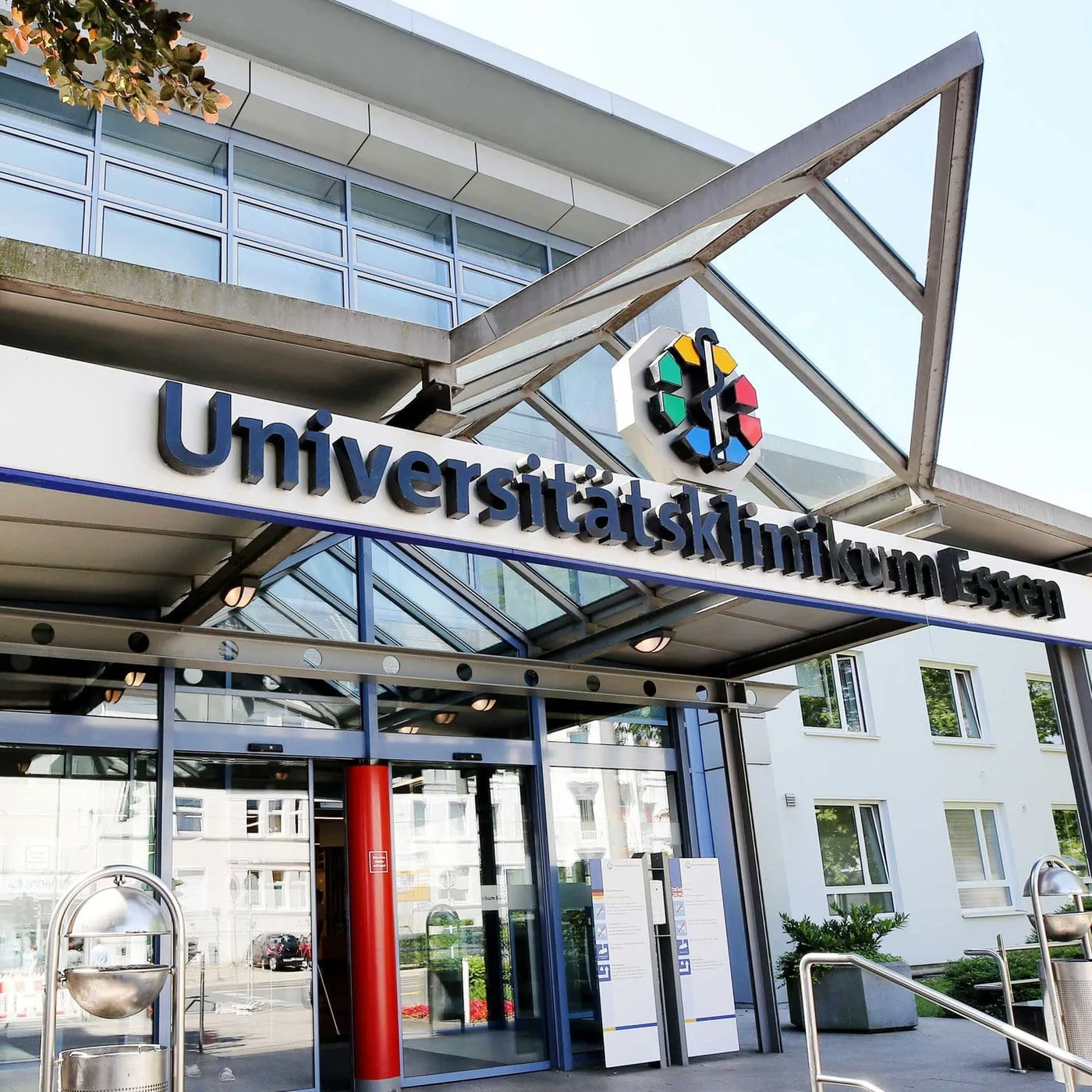Stage 4 lung cancer is an advanced phase of the disease, often deemed to have poor prognoses. It occurs when cancerous cells have grown beyond the lung where they originated and have affected other organs in the body. At this level, lung carcinoma is no longer localized but has reached an advanced and aggressive phase.
It is significant for patients with lung carcinoma and their relatives to have a clear understanding of the condition and the accessible methods for cure and support. While the prognoses may be daunting, it is essential to keep in mind that each individual’s situation is unique, and new breakthroughs in medtech are constantly being made.
Understanding of stage 4 lung cancer
Stage 4 occurs when cancerous cells have developed to other organs, for example, the liver, brain, or distant lymph glands. This makes therapy more challenging compared to earlier stages. It is crucial to note that stage 4 can be further split into two subcategories: 4A and 4B. In 4A, the malignant tumor has advanced to one organ beyond the lungs, while in stage 4B, it has developed to a number of organs.
Typical signs of carcinoma may include chronic cough, dyspnea, chest pain, losing weight, fatigue, and chronic respiratory infections. It is crucial to be aware of these symptoms and promptly apply for medical assistance if they persist or worsen.
Stage 4 Lung Cancer Survival Rate
A few aspects can affect the survivability of patients. Firstly, overall well-being and age play a significant role. Generally, patients with better overall health and younger age tend to have a more favorable prognosis. However, this does not mean that older or less healthy individuals cannot respond well to treatments.
The kind of carcinoma and its characteristics also impact the rates of surviving. Subtypes, such as adenocarcinomas or squamous cell carcinomas, may respond differently to treatment modalities. Additionally, the existence of specific mutations on the level of genetics or biomarkers can affect cure options and define whether is stage 4 lung cancer curable.
Survivability Statistics
When discussing stage 4 lung cancer life expectancy with treatment, it’s crucial to keep in mind that these numbers are based on average outcomes and may not reflect individual circumstances. As mentioned by the ACS, the V-year surviving rate for stage IV NSCLC is around 4%. However, it’s significant to note that these statistics are constantly evolving as cure progress occurs.
In comparison to earlier-stage cancers, the survivability for stage 4 is lower. This puts an emphasis on the significance of early determination and prompt cure. While the statistics may seem discouraging, it’s essential to approach them with optimism and keep i mind that every individual’s experience is special.
Life Expectancy Estimates
Life expectancy estimates can provide a rough understanding of how long a patient might live with stage 4. However, it is vital to consider that these estimates are again averages and cannot predict an individual’s specific outcome. Aspects such as overall health, treatment response, and personal circumstances can greatly influence the chances of successful outcomes.
Generally, the life duration for phase 4 patients is around 8 months to 1 year. However, it’s crucial to keep in mind that developments in medicine and clinical trials are constantly improving therapy methods and extending survivability rates.
Coping with Stage 4
Managing the psychological impact of carcinoma is as crucial as choosing the proper therapeutic approach. Support from friends, family, or support groups can bring comfort and strength during this difficult time. Additionally, supportive care methods can help enhance overall well-being.
Patients with stage 4 lung carcinoma should also consider seeking a second opinion from specialists and discussing participation in biomedical research studies. Second opinions can offer different perspectives and potential alternative cure variants. Research gives access to cutting-edge therapies that have the potential to better outcomes and prolong life.
Therapy Options for Lung Cancer
When it comes to treating carcinoma, various methods may be taken into consideration. Their main goal is to extend life and prevent further growth or spread of disease. The most widely employed therapeutic approaches for stage 4 carcinoma include:
- Chemotherapeutic approach (often abbreviated to chemo and CTX or CTx): This is one of the primary therapy modalities for stage 4. It means the prescription of medications that kill or slow the growth of cancerous cells. CTX can be administered orally or intravenously and is sometimes combined with other methods.
- Targeted therapy or precision medicine: It refers to the use of medicaments that specifically target defined mutations on genetics level or abnormalities found in cancerous cells. By concentrating on them, the therapy aims to inhibit the growth and spread of tumors while minimizing damage to healthy cells.
- Immunotherapeutic approach: This is a rapidly evolving field in the cancer fight. It involves drugs that help boost the body’s immunity to fight cancerous cells. They work by blocking the mechanisms that cancerous cells use to evade immunity, allowing the organism to mount a more effective response against the disease.
- Radiotherapeutic approach: It uses high-energy Xrays or other forms of radiation to target and kill cancerous cells. It may be used to treat specific areas that disease has affected to provide relief from pain or other effects.
Supportive Care and Symptom Management
In addition to the above-mentioned options, supportive care plays a crucial role in managing cancer. It focuses on providing relief from symptoms and bettering the quality of life for individuals. It is a holistic approach that addresses not only physical symptoms but also social, emotional, and spiritual needs.
Typical signs of carcinoma may include dyspnea, cough, fatigue, pain, loss of appetite, and emotional distress. Supportive care specialists work closely with patients to manage these symptoms through a combination of medications, counseling, breathing exercises, and other measures.
Clinical Trials and Emerging Cure
Trials are research studies that investigate new treatment approaches or innovative therapies. Engaging in such studies may provide patients with access to state-of-the-art solutions that are not yet widely available. It is significant to discuss the option of trials with medical practitioners to determine if it is a suitable choice for individual cases.
Researchers are continuously exploring new solutions to find satisfying answers to the question “Can lung cancer be cured at stage 4?”. This refers to methods tailored to individual genetic profiles, combination therapies and others. Research studies offer an opportunity for patients to contribute to scientific advancements and potentially benefit from emerging therapies.
Support and Resources for Patients
A diagnosis of carcinoma can be devastating, both in physical and emotional ways. It is crucial for patients and their relatives to seek backup from various sources accessible to them. Support groups, counseling services, and online communities can offer a safe space to share experiences, seek advice, and find support.
Furthermore, it is essential to gather precise information about cancer. Reputable resources such as trusted healthcare organizations, peer-reviewed articles, and specialized centers can provide up-to-date data, treatment guidelines, and tips for coping with the challenges of living with stage 4.
To sum up, a stage 4 lung carcinoma diagnosis presents substantial challenges, but there is always hope. The cure methods available, as well as new breakthroughs, provide promising avenues for patients to explore whether can stage 4 lung cancer be cured. By applying for help and staying informed, people can navigate their journey with lung cancer more effectively and confidently.











